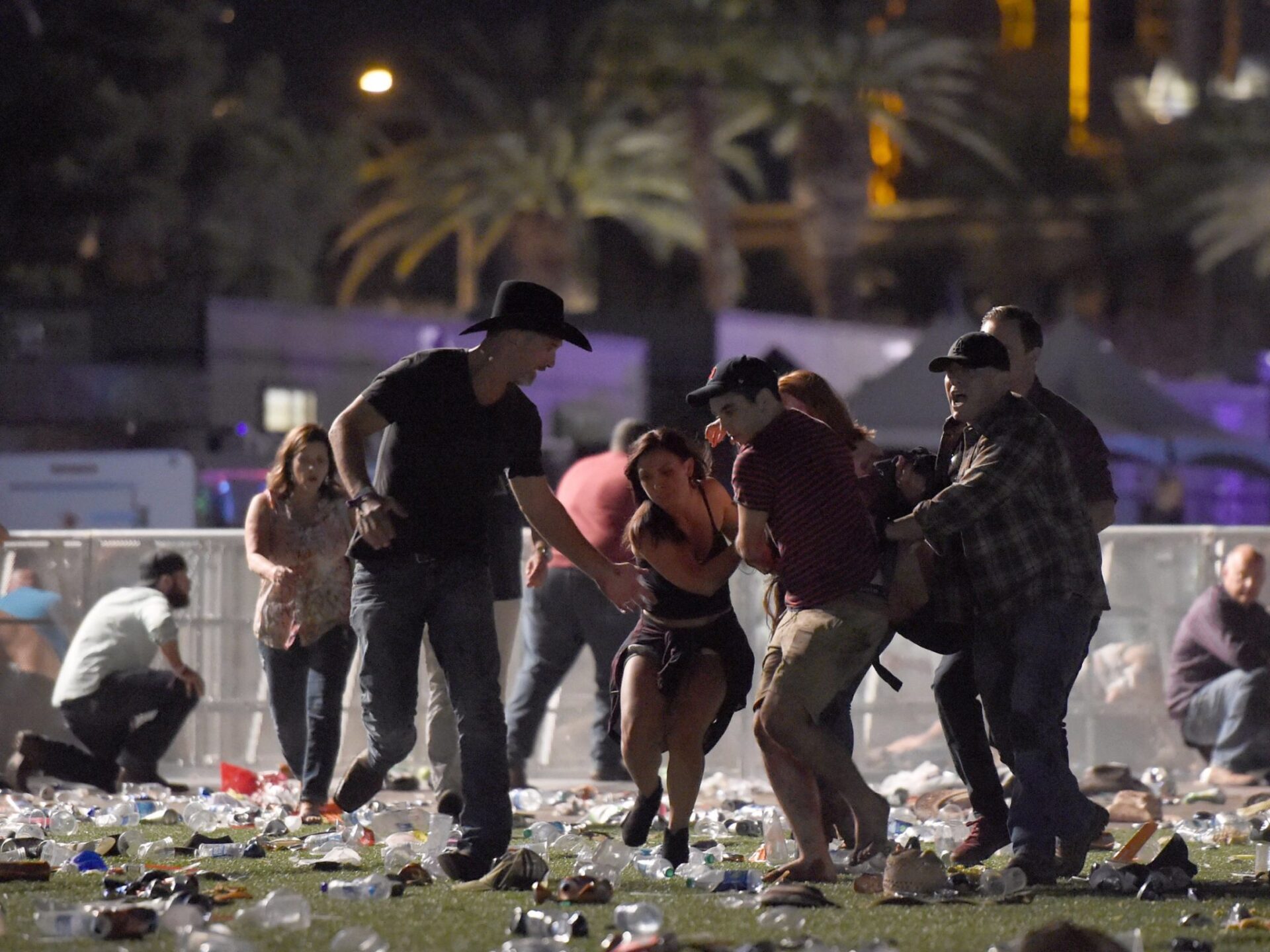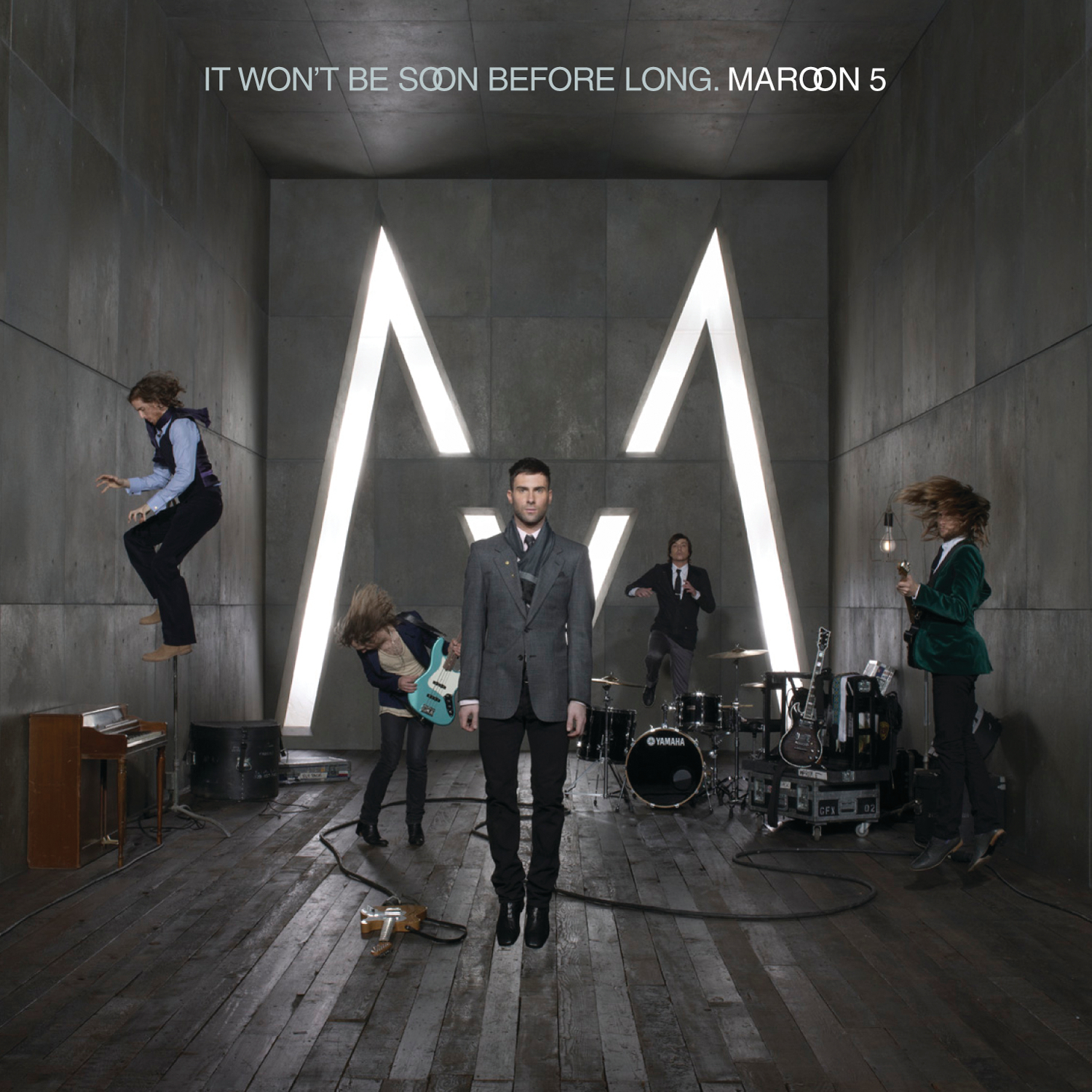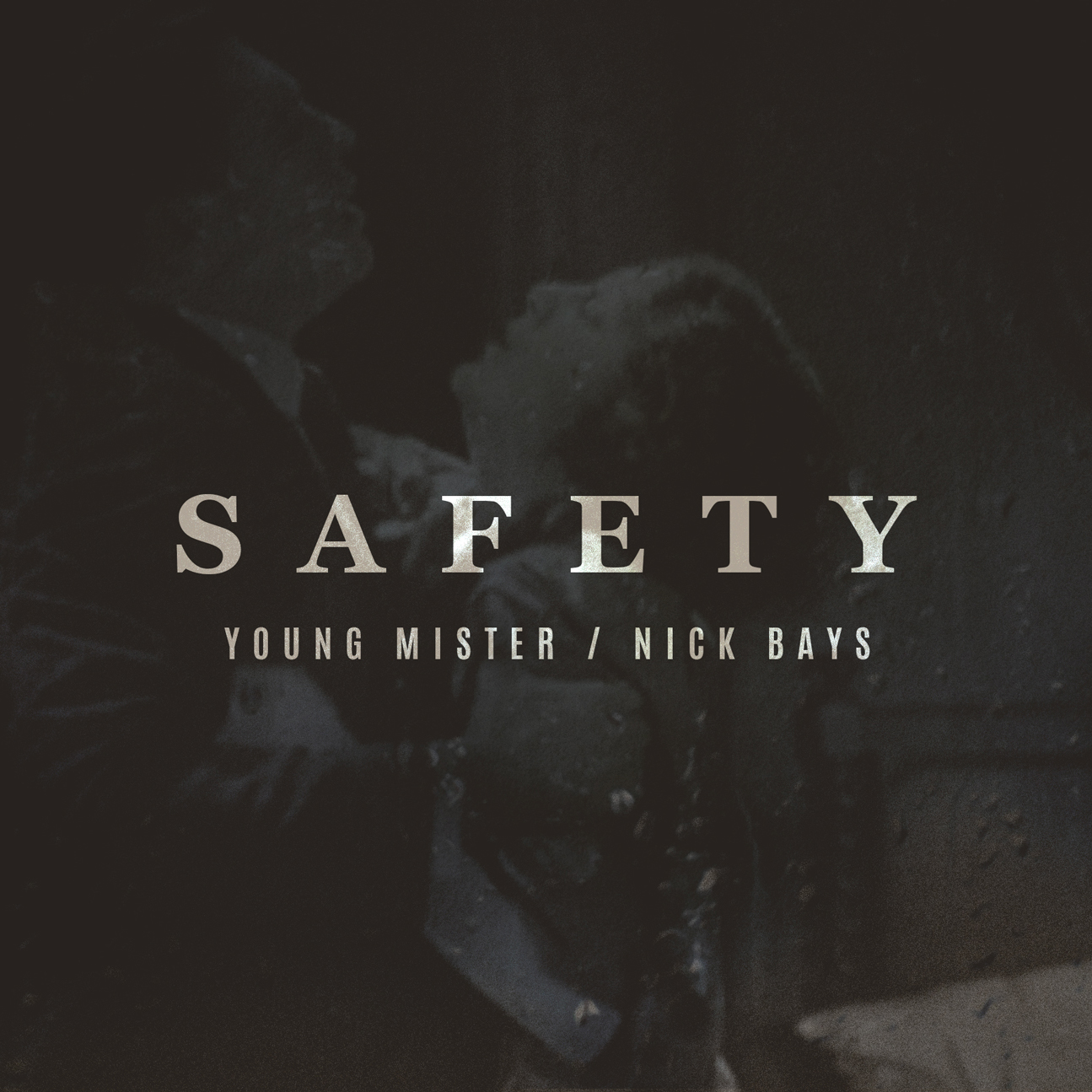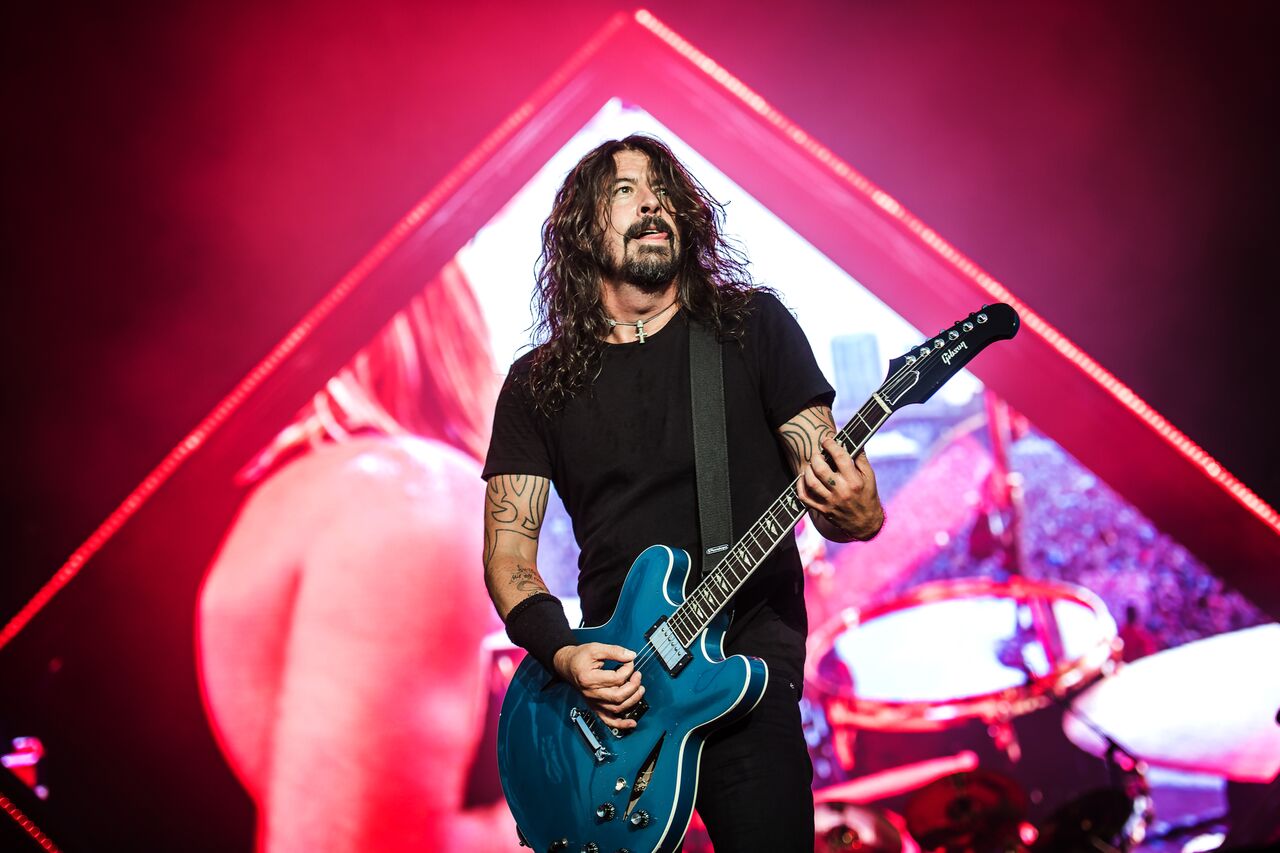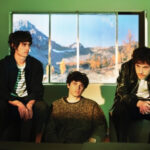With the tragedy of the Route 91 Harvest Festival massacre setting in it is time we consider what can and cannot be done to improve music festival security.
There are no words to describe the anger and heartache felt around the world in response to the mass shooting that took place in Las Vegas on the night of October 1. A crowd of over 20,000 were gathered to watch Jason Aldean perform at the Route 91 Harvest Festival when a gunman opened fire from his hotel room window at the Mandalay Bay casino. Numbers are changing by the hour right now, but at the time of this writing 58 people were reported dead and 515 were reported to be injured. The shooter is also dead, as reports from Las Vegas police tell us the shooter took his own life just five minutes after taking his first shot on the unsuspecting crowd.
With any mass casualty event like this there is always an immediate public outcry for change and/or action to prevent such incidents from ever happening again. Gun control has been an ongoing debate in America for years, and unfortunately it seems unlikely that any kind of swift change lies on the horizon. As Twitter user and commentator for The Mail Dan Hodges once wrote back in 2015: “In retrospect Sandy Hook marked the end of the US gun control debate. Once America decided killing children was bearable, it was over.”
Once people realize sweeping gun control policies are unlikely to happen public discourse over what more could have been done will no doubt turn to the festival itself. It is important that people understand that this event most likely could not have been prevented by festival staff. Unlike many mass shooting events where the perpetrator(s) is on site when the incident occurs, the massacre in Las Vegas was committed by someone located on the 32nd floor of a nearby high-rise hotel. They did not have a presence at the festival, nor did anyone at the festival have reason to believe someone would attempt such a horrific act.
It is also important to consider that a tragedy like the one in Vegas could just as easily happen at any festival in any major metropolitan area. Chicago, New York, Los Angeles, and Austin, among countless other American cities, all host numerous outdoor music festivals in densely populated urban areas. Many of these events take place in the shadow of, or not far from, high rise buildings. These properties are privately owned and are under no obligation to allow searches by event security or police without a proper warrant.
In the case of hotels, which is what the assailant in Vegas used as their base, things get even trickier. When staying at a hotel consumers do have a limited right to privacy, but there are exceptions. According to LegalMatch, the only reason hotel staff may enter a person’s room without prior notification is ”if the hotel believes that you are engaging in illegal acts, then hotel management has the right to enter and search your room without your permission. Under no circumstances can the hotel authorize the police to conduct a search of your room without your consent or without a proper search warrant.” To put it another way, hotels have no reason to act unless they are provided proof of wrongdoing in advance of taking action.
Even if it were possible to convince every building above a certain height to submit to security walkthroughs/surveillance the cost of doing so would likely cripple most events. The staff and training needed to carry out such activities, not to mention keep watch on every window throughout the event, would be a logistic nightmare.
So what, if anything, can festival organizers do to further protect consumers attending their events?
The most obvious answer, though likely far from the easiest to implement, would be to have these events moved away from densely populated urban areas. As long as there is a line of sight to a festival crowd from a high rise building within a certain distance of event grounds the possibility for similar attacks will always be present. By requiring festivals to take place outside these lines of sight security can focus their efforts on the event gate(s) and surrounding perimeter.
The problem with this notion is that many festivals benefit from their urban location. It is far easier for consumers to reach downtown Chicago in order to attend Lollapalooza, for example, than it would be for those same people to attend Lollapalooza if it were held an hour outside of the city. Likewise, the cities hosting these events benefit from the small burst of tourism that surrounds these events. When a massive festival happens hotels fill rooms, local eateries see more customers, and people from all over the planet experience just enough of a new city to hopefully convince them to return again in the future. If people love a festival they will likely return, meaning they will come back to support the city as well.
But even if we could move all major festivals away from major urban area the chance for similar mass casualty events to occur would still exist. It’s practically impossible to imagine a world where such possibilities could be eradicated entirely, but that does not mean that inaction is an acceptable response. We are not allowed to be bystanders, nor to remain silent, in the face of tragedy. On the most basic level, festivals need to have a plan in place for how to handle such incidents. This should include, but not be limited to specific language/guidelines available through festival website(s) and social channels. These materials should highlight exit locations, safety shelters, and phone numbers/contact information for security, as well as local law enforcement. These efforts by no means guarantee tragedy will not strike, but it will help minimize the chaos that ensues immediately following such incidents.
What is most important moving forward is that we as a global music community continue to look out for one another. You may feel like you could never have imagined such tragedies happening, which in turn may fill you with dread over the future, but the hard truth is that this incident was always a possibility. There are thousands of events held in public spaces all over America and the world on a daily basis where similar acts of extreme violence could be carried out. We may not be able to prevent them entirely, but it is possible to make changes that benefit the well being of all concert and festival goers moving forward if we all work together. Be diligent. If you see something, say something. If tragedy strikes, protect yourself and those around you. Help those who are unable to help themselves.
I’m ready and willing to do my part, whatever that may entail. I hope you are too.

